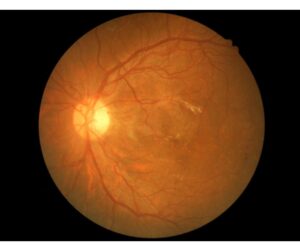Hypoglycaemia
What is hypoglycaemia?
Hypoglycaemia is when the blood glucose levels in the body become too low. This can mainly affect people with diabetes, especially type 1 diabetes. It can be dangerous if it is not treated quickly but can be managed by yourself in a lot of cases.
What are some of the common symptoms of hypoglycaemia?
- Sweating
- Feeling hungry
- Tiredness
- Palpitations
- Lips tingling
- Feeling shaky or trembling
- Turning pale
- Feeling irritable, tearful or anxious
If the blood glucose levels are not treated, other symptoms may occur that can be more severe:
- Weakness
- Blurred vision
- Being confused or having difficulty concentrating
- Seizures or fits
- Collapsing or passing out
- Unusual behaviour, clumsiness or slurred speech
What can cause hypoglycaemia?
- Skipping or delaying a meal
- Not consuming enough carbohydrates
- Exercise, especially if it is high intensity or unplanned
- Drinking alcohol
- Medicine effects
How can I treat hypoglycaemia?
The first stage of treatment for low blood glucose, or a hypo, is to consume 15-20 grams of quick acting carbohydrates which could be:
- 2 tubes of a glucose gel such as GlucoGel
- 5 glucose or dextrose tablets
- 5 jelly babies
- A small glass of a sugary (non-diet) drink
- A small carton of pure fruit juice
Retest the blood glucose levels after 10-15 minutes and if the levels stay under 4.0mmol/l then have another of the quick acting carbohydrates. If the levels still have not risen after doing this 3 times then an ambulance should be called as further treatment would be needed.
If the blood glucose levels are above 4.0mmol/l then you should consume a long acting carbohydrate such as a biscuit or a normal meal.
References:
NHS (2020) Low blood sugar (Hypoglycaemia). Available at https://www.nhs.uk/conditions/low-blood-sugar-hypoglycaemia/ (Accessed on 4 April 2023).